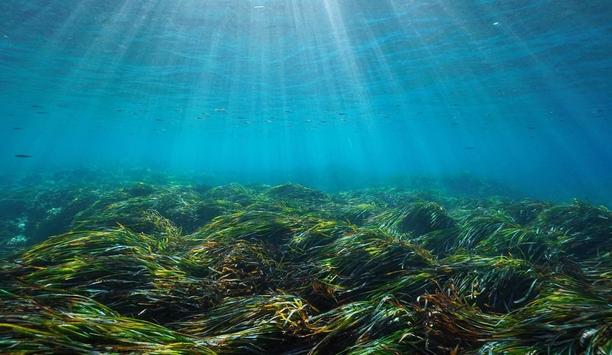Plymouth Marine Laboratory News
On Wednesday, 7th August, 2024, Cattewater Harbour Commissioners (CHC) will celebrate 150 years since their constitution under The Pier and Harbour Orders Confirmation Act, of 1874. Safety, efficiency, and sustainability Since then, CHC has been dedicated to ensuring the safety, efficiency, and sustainability of Cattewater Harbour while supporting the economic growth of Plymouth and the wider South West region. Through strategic planning, investment, and collaboration, the Commi...
Plymouth will be one of the first stops on an attempt to circumnavigate Great Britain in an electric rib – a challenge which begins shortly. Starting from Lyme Regis on the afternoon of 13th July, 18-year-old skipper, Harry Besley, will attempt to circumnavigate Great Britain in an electric boat stopping at over 40 locations around the UK to recharge using a range of shore-power options. Electra Harry will be in Plymouth, alongside on the Barbican Landing Stage (BLS), on Sun...
The potential for autonomous technology to advance understanding of the constantly evolving ocean and coastlines has taken a major step forward with the launch of the National Centre for Coastal Autonomy. The UK’s first autonomous fully integrated coastal observing and monitoring network employs the latest autonomous technologies to drive towards a net zero oceanographic capability, delivering world-leading and cutting-edge science. A fleet of state-of-the-art surface autonomous vessels,...
A pioneering new study has been published that investigates global trends in ship emissions, using a novel AI method to catalogue over one million ship tracks. This research establishes the first clear evidence of a global cloud response to changes in environmental regulations. Ship tracks are the clouds that form around ship exhaust plumes in still air. As ships travel they emit pollution particles into the atmosphere, such as 13% of the global emissions of sulfur dioxide, that can act as seed...
The potential for autonomous technology to advance understanding of the constantly evolving ocean and coastlines has taken a major step forward with the launch of the National Centre for Coastal Autonomy. The UK’s first autonomous fully-integrated coastal observing and monitoring network employs the latest autonomous technologies to drive towards a net zero oceanographic capability, delivering cutting-edge science. Surface autonomous vessels A fleet of state-of-the-art surface autonomou...
Smart Sound Connect, the world’s first ocean-focussed 5G testbed, has been recognised by the mobile sector as a cutting-edge innovation platform for the development of the next generation of marine technologies. At the 20th Mobile Industry Awards, held at Lancaster House in London on the 22nd September, Smart Sound Connect was named as the 5G Innovation of the Year (Product/Service). This prestigious award represents a significant endorsement of the network by the mobile industry...
The release of silver into the marine environment is of growing concern, as its impact on marine life is not yet fully understood. Despite previous experiments that have shown the toxic effects of silver as nanoparticles (AgNPs) and as free ions (Ag+) on microbial organisms, the impact on important biogeochemical processes, such as marine nitrogen fixation (whereby nitrogen-fixing bacteria transform atmospheric nitrogen into ammonia or related fixed nitrogenous compounds), remains r...






